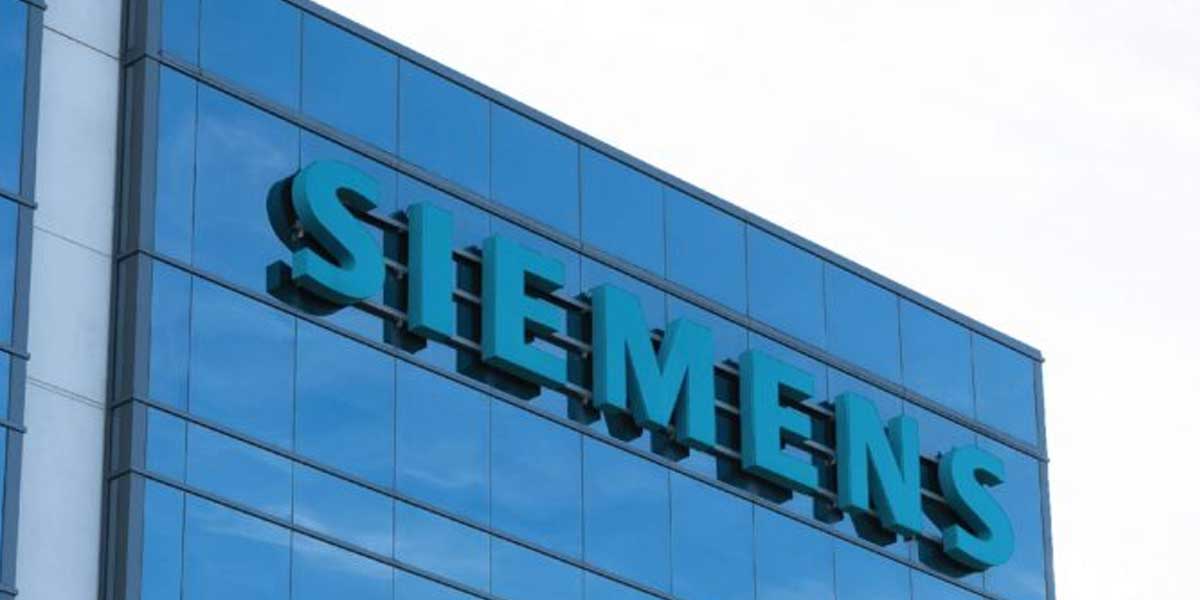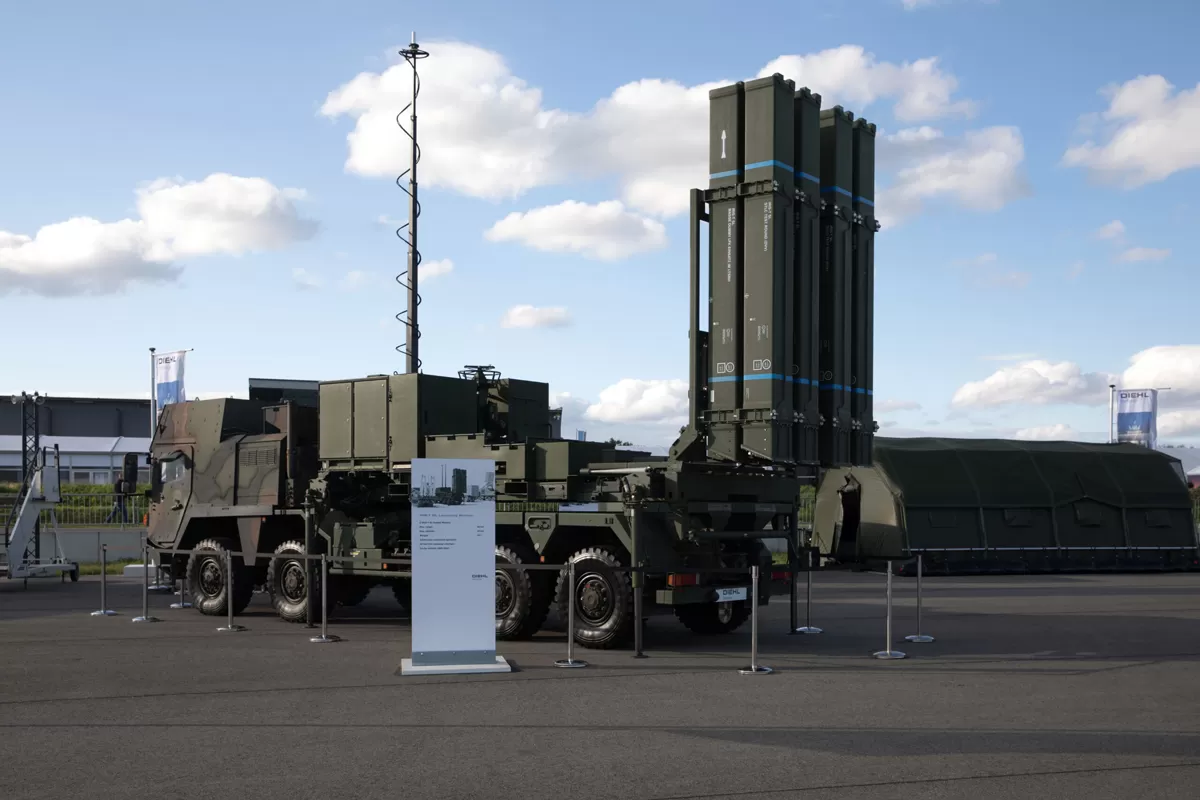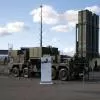
Siemens Energy joins GE in no-coal policy

Reliance, Diehl Advance Pact for Precision-Guided Munitions
Diehl Defence CEO Helmut Rauch and Reliance Group’s Founder Chairman Anil D. Ambani have held discussions to advance their ongoing strategic partnership focused on Guided and Terminally Guided Munitions (TGM), under a cooperation agreement originally signed in 2019.This collaboration underscores Diehl Defence’s long-term commitment to the Indian market and its support for the Indian Government’s Make in India initiative. The partnership’s current emphasis is on the urgent supply of the Vulcano 155mm Precision Guided Munition system to the Indian Armed Forces.Simultaneously, the “Vulc..

Modis Navnirman to Migrate to Main Board, Merge Subsidiary
Modis Navnirman Limited has announced that its Board of Directors has approved a key strategic initiative involving migration from the BSE SME platform to the Main Board of both BSE and NSE, alongside a merger with its wholly owned subsidiary, Shree Modis Navnirman Private Limited.The move to the main boards marks a major milestone in the company’s growth trajectory, reflecting its consistent financial performance, robust corporate governance, and long-term commitment to value creation. This transition will grant the company access to a broader investor base, improve market participation, en..

Global Capital Flows Remain Subdued, EMEA Leads in Q1 2025
The Bharat InvITs Association’s industry update for Q1 2025 shows subdued global capital flows, with investment volumes remaining at the lower end of the five-year range despite a late 2024 recovery. According to data from Colliers and MSCI Real Capital Analytics, activity in North America declined slightly, while EMEA maintained steady levels and emerged as the top region for investment in standing assets.The EMEA region now hosts seven of the top ten cross-border capital destinations for standing assets, pushing the United States’ share of global activity below 15 per cent. Meanwhile, in..















